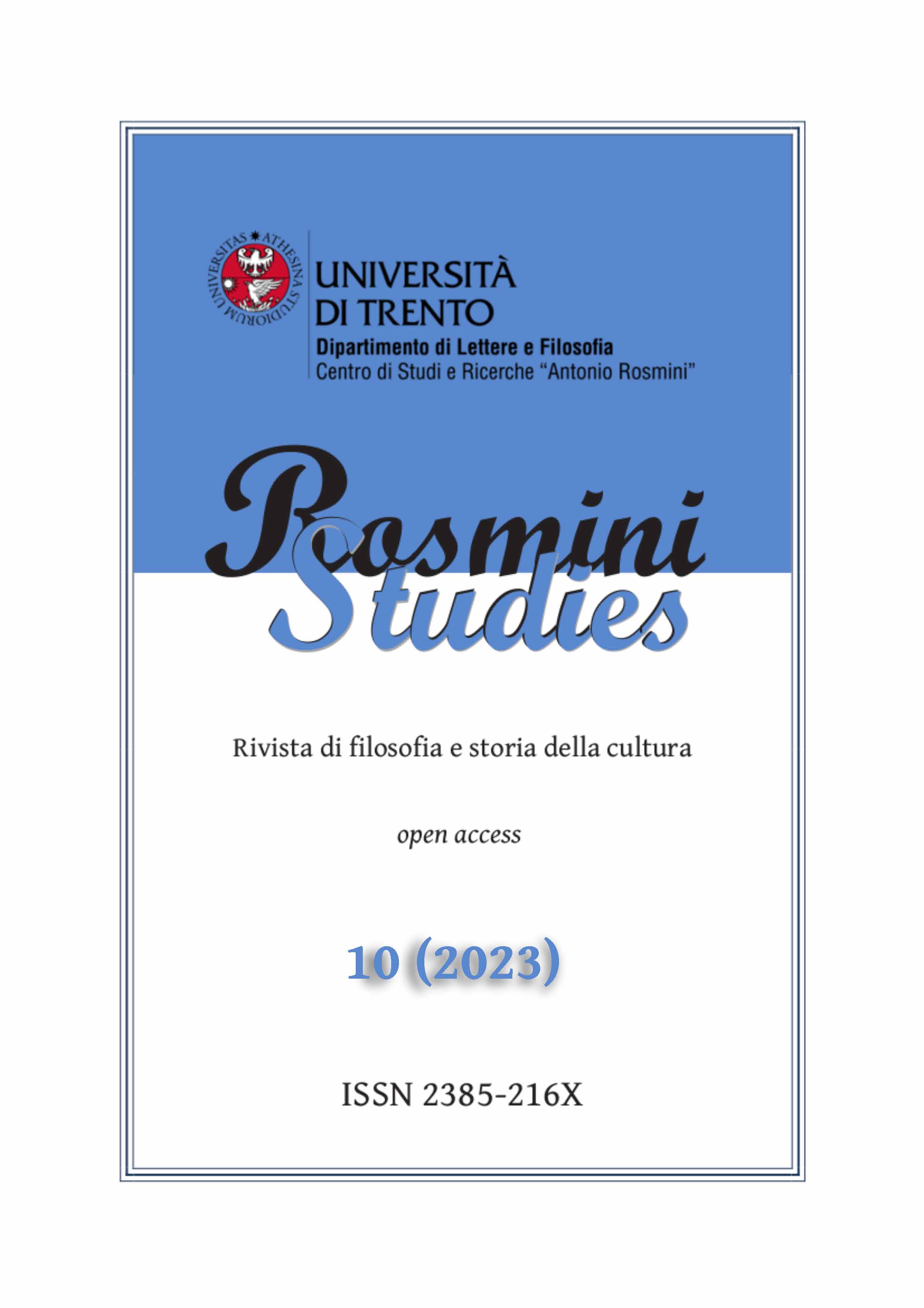On the Miracle as a Violation of the Laws of Nature
Da Hume al dibattito odierno
DOI:
https://doi.org/10.15168/2385-216X/2671Abstract
Since Hume’s essay Of Miracles, the definition of the miracle as a “violation of the laws of nature” has been widespread in the modern philosophy of religion. Such as definition seems, prima facie, coherent with a theistic conception of miracles and, from a particular point of view, a product of the latter. Still, it was used by both Spinoza and Hume to deny the possibility and credibility of miracles. Therefore, in the contemporary discussion, most theists have abandoned it, despite its revival by some authors such as R. Swinburne. In this article, I consider some attempts to circumvent the definition of the miracle as a “violation of the laws of nature” (especially C. S. Lewis and R. Larmer’s attempts), claiming that they don’t fully succeed. In the wake of Thomas Aquinas, I argue that this definition of the miracle, though not to be considered exclusive, has the advantage of preserving a realistic notion of a miracle and its apologetic function in theism.
Downloads
Published
Issue
Section
License
Copyright (c) 2023 Rosmini Studies

This work is licensed under a Creative Commons Attribution-NonCommercial-NoDerivatives 4.0 International License.



